As science and technology continue to advance, the concept of longevity is no longer confined to genetics or traditional medicine. Biohacking and artificial intelligence (AI) have emerged as revolutionary tools in the pursuit of extended lifespans and enhanced well-being. From optimizing daily health routines to pioneering breakthroughs in anti-aging science, these fields are redefining the future of wellness. But how exactly do biohacking and AI contribute to longevity, and what does the future hold? Let’s explore the impact of these cutting-edge advancements on human health and lifespan.
Understanding Biohacking: A Personalized Approach to Wellness
What is Biohacking?
Biohacking refers to the practice of making incremental lifestyle, dietary, and technological modifications to optimize health and performance. It encompasses a wide range of interventions, from simple nutrition adjustments to advanced genetic modifications.
Types of Biohacking
- Nutritional Biohacking: Focuses on diet, fasting, and supplements to enhance physical and cognitive function.
- Wearable Tech & Data-Driven Biohacking: Uses smartwatches, sleep trackers, and continuous glucose monitors to optimize daily routines.
- Neurohacking: Employs techniques like meditation, nootropics, and transcranial stimulation to enhance brain function.
- Genetic and Cellular Biohacking: Uses gene editing (CRISPR), stem cells, and peptides to slow down aging and enhance cellular regeneration.
- Extreme Biohacking: Involves advanced interventions such as implantable chips and synthetic biology for human augmentation.
AI’s Role in Longevity and Wellness
AI-Powered Diagnostics and Personalized Healthcare
AI has transformed healthcare by enabling early disease detection, personalized treatment plans, and predictive analytics. Machine learning algorithms analyze vast datasets, helping doctors and researchers develop customized wellness strategies based on an individual’s unique biological profile.
AI-Driven Nutrition and Fitness Optimization
- Smart Nutrition: AI-driven apps analyze dietary habits and recommend personalized meal plans tailored to an individual’s metabolic needs.
- AI-Powered Fitness Coaching: Platforms like WHOOP and Fitbit use AI to assess fitness levels, recovery rates, and optimize workout routines.
- AI for Sleep Enhancement: AI-powered sleep tracking devices analyze sleep patterns and recommend personalized improvements to enhance rest and recovery.
AI in Anti-Aging and Longevity Research
- Predicting Biological Age: AI-driven algorithms analyze biomarkers to determine an individual’s biological age versus chronological age.
- Drug Discovery and Anti-Aging Therapies: AI accelerates the discovery of drugs targeting aging pathways, such as senolytics and NMN-based therapies.
- AI in Cellular Rejuvenation: AI models assist in identifying molecules that can regenerate damaged tissues and slow down cellular aging.
Key Technologies Driving the Future of Longevity
Genetic Engineering and Epigenetics
With advancements in CRISPR gene editing and epigenetic reprogramming, scientists are exploring ways to manipulate DNA and cellular aging processes to extend lifespan.
Stem Cell and Regenerative Medicine
Stem cell therapy is paving the way for organ regeneration, tissue repair, and reversal of age-related degeneration.
Longevity Supplements and Pharmacological Interventions
- NAD+ Boosters (NMN, NR): Enhance cellular metabolism and DNA repair.
- Senolytics: Drugs that eliminate senescent (aging) cells to promote healthier aging.
- Metformin & Rapamycin: Repurposed drugs showing potential in extending lifespan by improving metabolic health.
Wearable and Implantable Health Tech
Smart rings, continuous glucose monitors, and biochips are providing real-time health analytics, allowing individuals to make data-driven decisions for longevity.
Ethical and Practical Challenges
Accessibility and Cost
Advanced biohacking and AI-driven longevity solutions remain expensive and inaccessible to the general public. Efforts are needed to make these technologies affordable and scalable.
Privacy and Data Security
With increasing reliance on AI and biometric tracking, concerns regarding data privacy and cybersecurity must be addressed to protect personal health information.
Ethical Implications of Human Enhancement
Biohacking and genetic modifications raise ethical questions about the limits of human enhancement and the potential societal divide between those who can afford longevity treatments and those who cannot.
The Future of Biohacking, AI, and Longevity
The future of wellness will be driven by the integration of AI, biohacking, and personalized medicine. As research progresses, we can anticipate:
- Mainstream adoption of AI-driven longevity solutions for personalized health optimization.
- Integration of regenerative medicine into everyday healthcare to combat age-related diseases.
- Innovations in AI-driven drug discovery to target aging at a molecular level.
- A shift towards preventive healthcare driven by AI analytics and biohacking interventions.
Conclusion
Biohacking and AI are redefining human longevity and wellness, offering groundbreaking solutions to enhance health, slow aging, and extend lifespans. While ethical and accessibility challenges remain, the future holds immense potential for these technologies to revolutionize how we approach aging and well-being. By integrating AI-driven insights and biohacking strategies into daily life, individuals can take proactive steps toward a longer, healthier future.

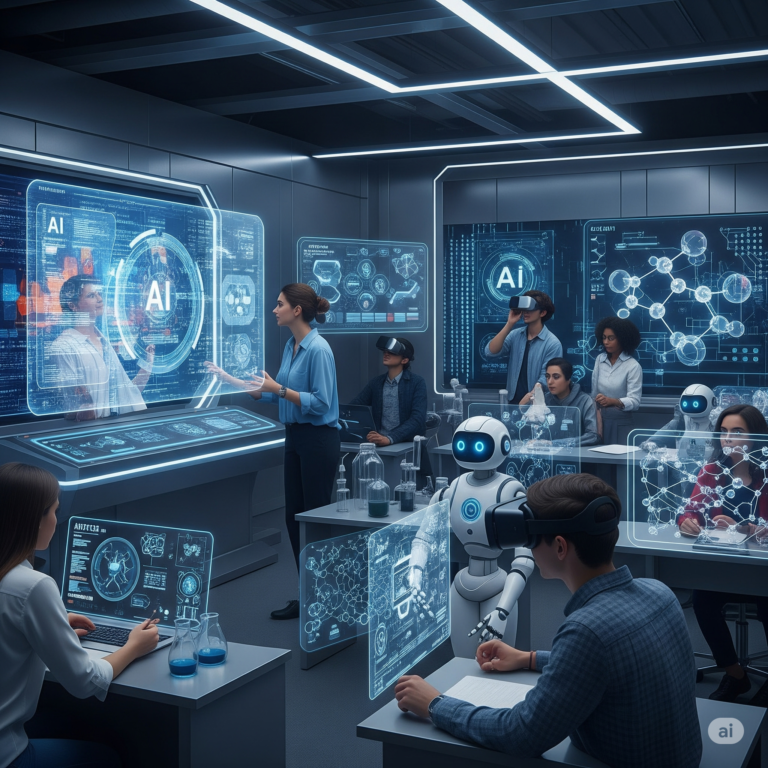

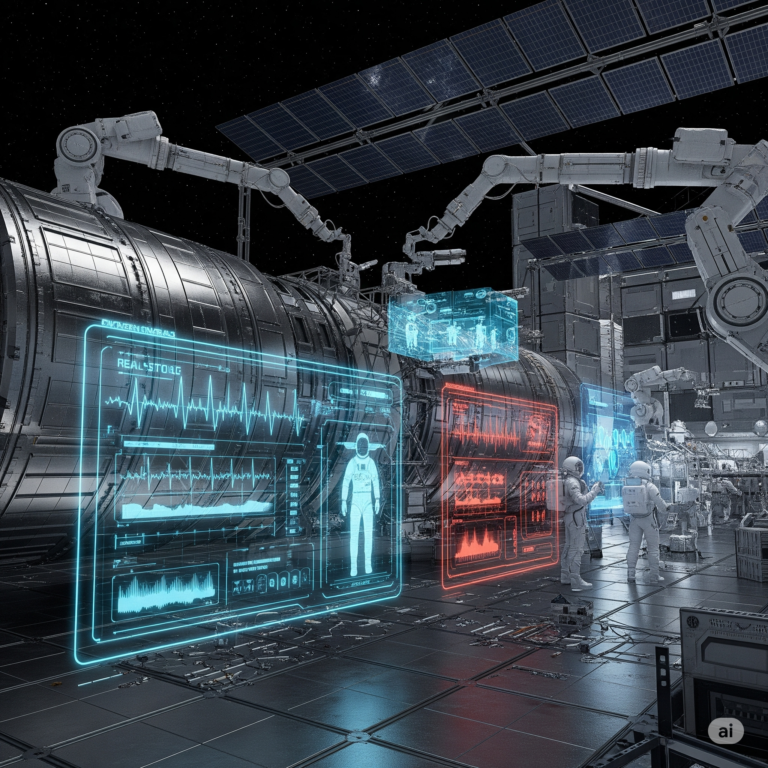
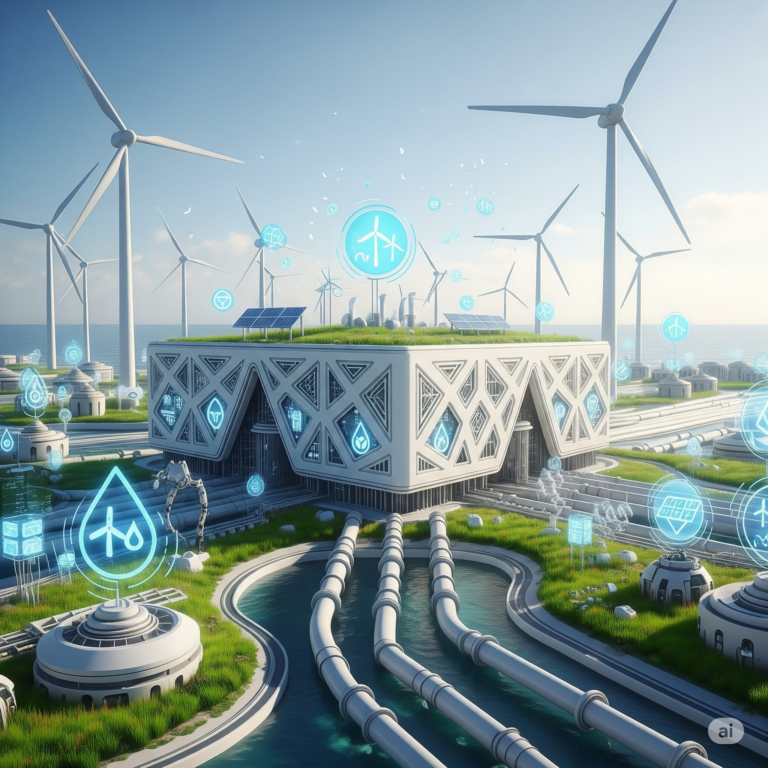
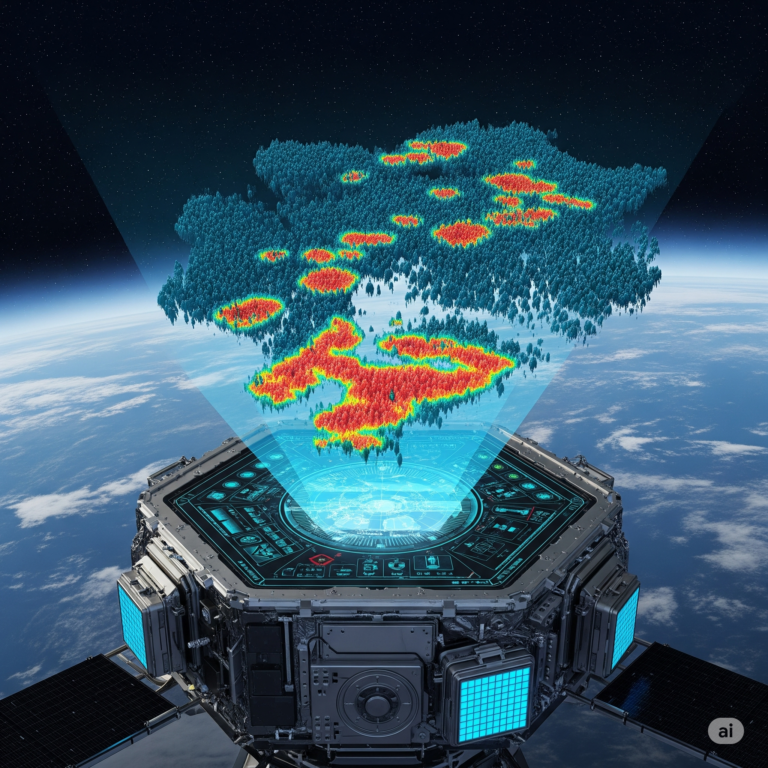


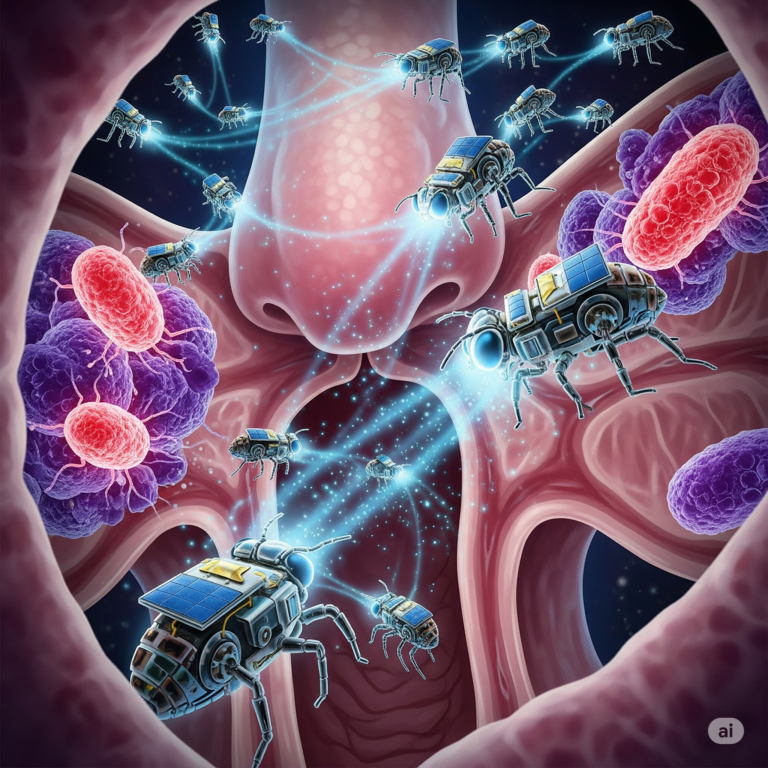
+ There are no comments
Add yours